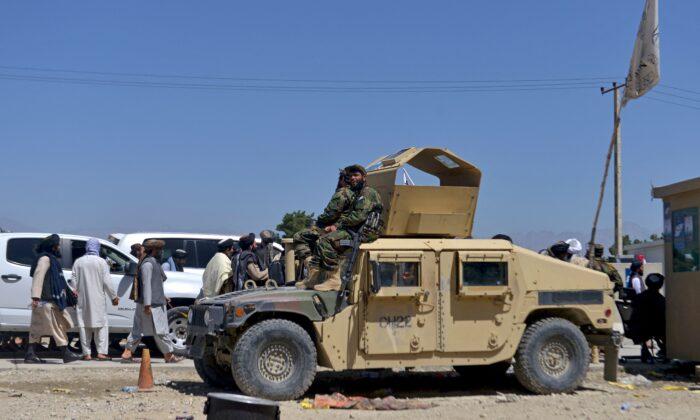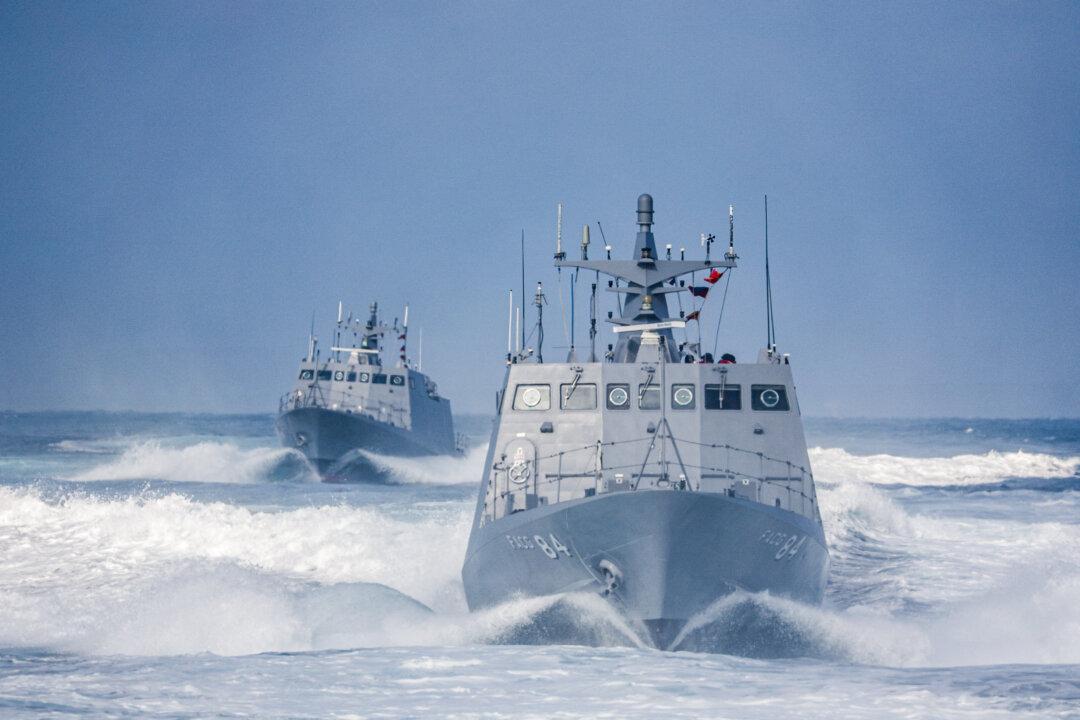International students, skilled workers, humanitarian, working holiday, and provisional family visa holders can return to Australia from Dec. 15 after more than 18 months, as travel bubbles with South Korea and Japan open.
Australian Prime Minister Scott Morrison confirmed on Dec. 13 that the two-week delay on the nation’s international reopening will end as scheduled. The pause was put in place due to the emergence of the Omicron variant of the CCP (Chinese Communist Party) virus, which causes the COVID-19 disease.
“The borders will be reopened both to Korea and Japan and for skilled migration and for students, as we conclude the pause that we announced several weeks ago,” Morrison said at a joint press conference with South Korean president Moon Jae-in, adding that Australia is looking forward to welcoming its 20,000 Korean students back.
However, not all states and territories have opened to international arrivals, and jurisdictions already taking overseas travellers each have their own COVID-19 rules for them upon arrival.
New South Wales (NSW), Victoria and Australian Capital Territory (ACT) require travellers to self-quarantine for 72 hours after arriving; Queensland and South Australia mandate a 14-day government-arranged quarantine.
Western Australia will open to overseas students from Feb. 5, 2022; Tasmania has not yet announced when students can return. Fully vaccinated travellers entering the Northern Territory will be required to stay in a “Covid-safe zone” in Alice Springs, Katherine, or Greater Darwin for 14 days from Dec. 20.
The federal government has endorsed International Student Arrival Plans for four states: NSW, Victoria, Queensland, and South Australia.
“From 15 December 2021, fully vaccinated international students can travel to participating states and territories in Australia, quarantine-free without needing to apply for a travel exemption,” the Homes Affairs website states.
“Students who are not eligible to travel without an exemption may be able to travel to Australia under an International Student Arrival Plan. There are also limited travel exemptions available for international students who can meet specific criteria including some health/medical students and PhD research students.”
The two-week delay has cost thousands of dollars for some temporary visa holders who had originally planned to return to Australia on Dec. 1.
“The re-bookings and overhead expenses had already burnt a hole in our pocket,” Rahul Dhawan, who was due to fly to Melbourne to meet her husband on Dec. 10, told SBS. “I was checking the news every second for further announcements after the delay and, at last, we got it this morning.”




